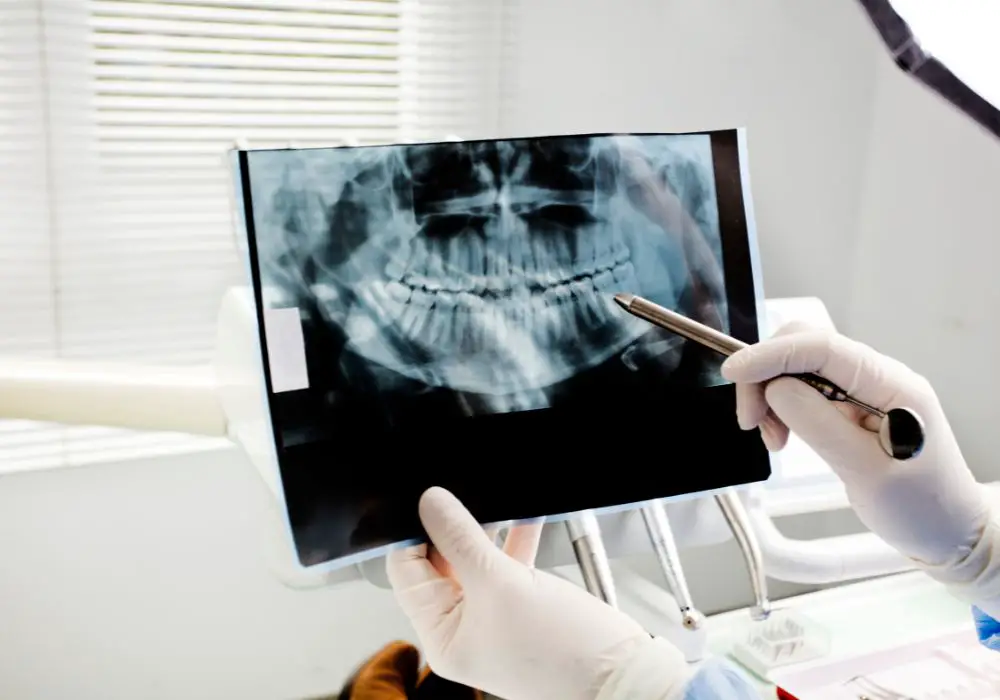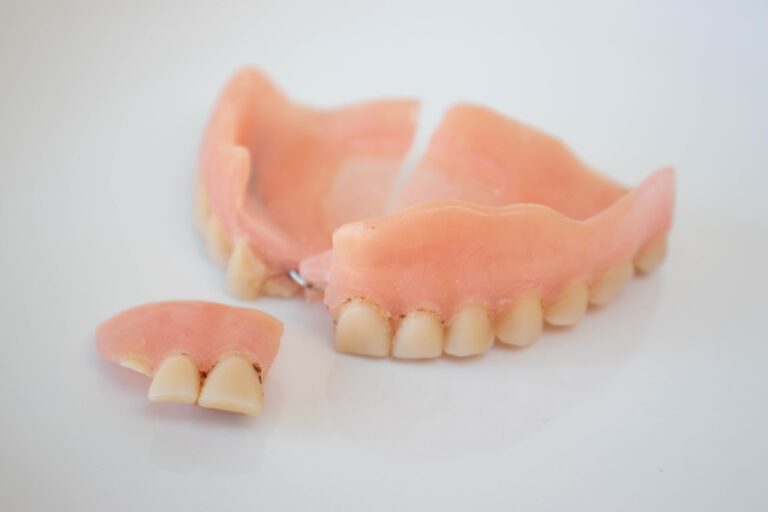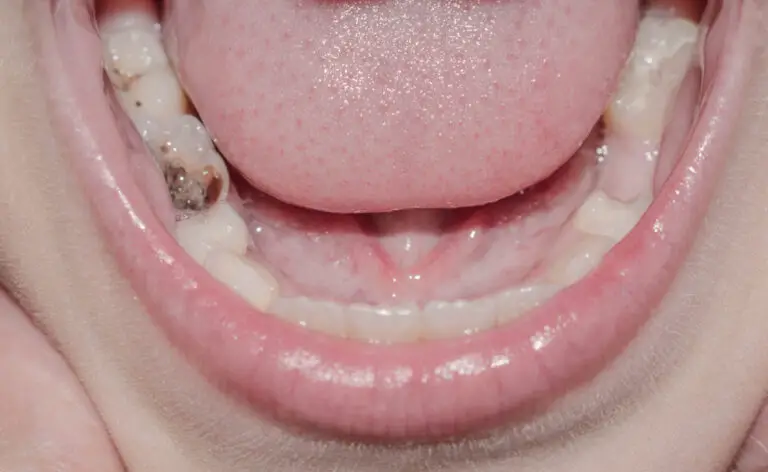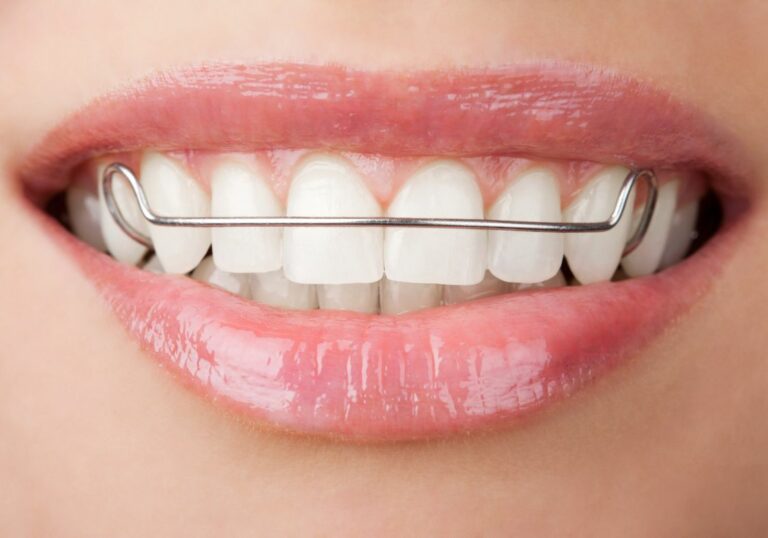The dental industry is witnessing a remarkable transformation in 2024, driven by groundbreaking innovations and emerging trends that are reshaping the way dental care is delivered. From advanced technologies to evolving treatment approaches, these developments are not only enhancing patient experience but also revolutionizing the practice of dentistry itself.
Technological Advancements

1. 3D Printing in Dentistry
One of the most significant innovations in the dental field is the integration of 3D printing technology. Dentists now have the ability to create highly precise dental prosthetics, such as crowns, bridges, and aligners, with unprecedented accuracy and efficiency. This not only reduces production time but also ensures a perfect fit for patients, leading to improved treatment outcomes.
2. Artificial Intelligence (AI) in Diagnosis
AI-powered diagnostic tools are revolutionizing the way dental conditions are identified and treated. Machine learning algorithms can analyze vast amounts of patient data to detect early signs of dental issues, enabling dentists to intervene proactively and prevent complications. Additionally, AI algorithms can assist in treatment planning, optimizing outcomes and minimizing risks.
3. Tele dentistry
With the rise of telehealth services, tele dentistry has emerged as a convenient and accessible way for patients to receive dental care remotely. Through video consultations and virtual appointments, dentists can conduct screenings, provide consultations, and offer guidance on oral hygiene practices. This not only improves patient convenience but also expands access to dental services, particularly in underserved areas.
If you’re a foreigner looking for dental career opportunities, check job openings for foreign medical graduates and kickstart your career in healthcare!
Evolving Treatment Approaches

4. Minimally Invasive Dentistry
Advancements in dental materials and techniques have paved the way for minimally invasive procedures that preserve more of the natural tooth structure. From composite fillings to laser dentistry, dentists are now able to perform treatments with greater precision and minimal discomfort for patients. This focus on preservation and prevention aligns with the growing emphasis on holistic oral health care.
5. Regenerative Dentistry
Regenerative dentistry holds promise for restoring damaged or lost dental tissues using innovative biocompatible materials and techniques. From dental pulp regeneration to guided tissue regeneration, these approaches aim to stimulate the body’s natural healing processes and regenerate functional dental structures. This opens up new possibilities for treating conditions such as gum disease and tooth loss, ultimately leading to better long-term outcomes for patients.
Patient-Centric Care
6. Personalized Treatment Plans
In 2024, dentists are increasingly adopting a personalized approach to patient care, tailoring treatment plans to meet the unique needs and preferences of each individual. By leveraging patient data, including genetic information and lifestyle factors, dentists can develop customized preventive strategies and treatment protocols. This not only enhances treatment efficacy but also fosters stronger patient-dentist relationships based on trust and collaboration.
7. Emphasis on Preventive Care
Preventive care has always been a cornerstone of dentistry, but in 2024, there is a renewed emphasis on proactive measures to maintain oral health and prevent dental problems before they arise. From regular dental cleanings to fluoride treatments and sealants, preventive interventions are essential for reducing the incidence of cavities, gum disease, and other oral health issues. Dentists are also placing greater emphasis on patient education, empowering individuals to take control of their oral health through proper hygiene practices and lifestyle modifications.
Sustainable Practices

8. Eco-Friendly Dentistry
As environmental awareness grows, many dental practices are embracing eco-friendly initiatives to reduce their carbon footprint and promote sustainability. From using biodegradable materials to implementing energy-efficient technologies, dentists are exploring various ways to minimize waste and conserve resources. This commitment to environmental responsibility not only benefits the planet but also resonates with environmentally conscious patients who prioritize eco-friendly practices.
9. Digitalization of Dental Records
The transition from paper-based to digital dental records is streamlining administrative processes and improving efficiency in dental practices. Electronic health records allow for seamless communication and collaboration among dental care providers, enhancing continuity of care and reducing errors. Additionally, digital records enable more accurate documentation of patient information, facilitating comprehensive treatment planning and better patient outcomes.
The dental industry is experiencing a period of unprecedented innovation and transformation in 2024. From technological advancements to evolving treatment approaches and a renewed focus on patient-centric care, these developments are reshaping the landscape of modern dentistry. By embracing these innovations and trends, dental professionals can enhance the quality of care they provide and improve the overall oral health outcomes for patients. As the industry continues to evolve, staying abreast of these changes will be essential for dental practices seeking to thrive in an increasingly competitive and dynamic healthcare environment.







